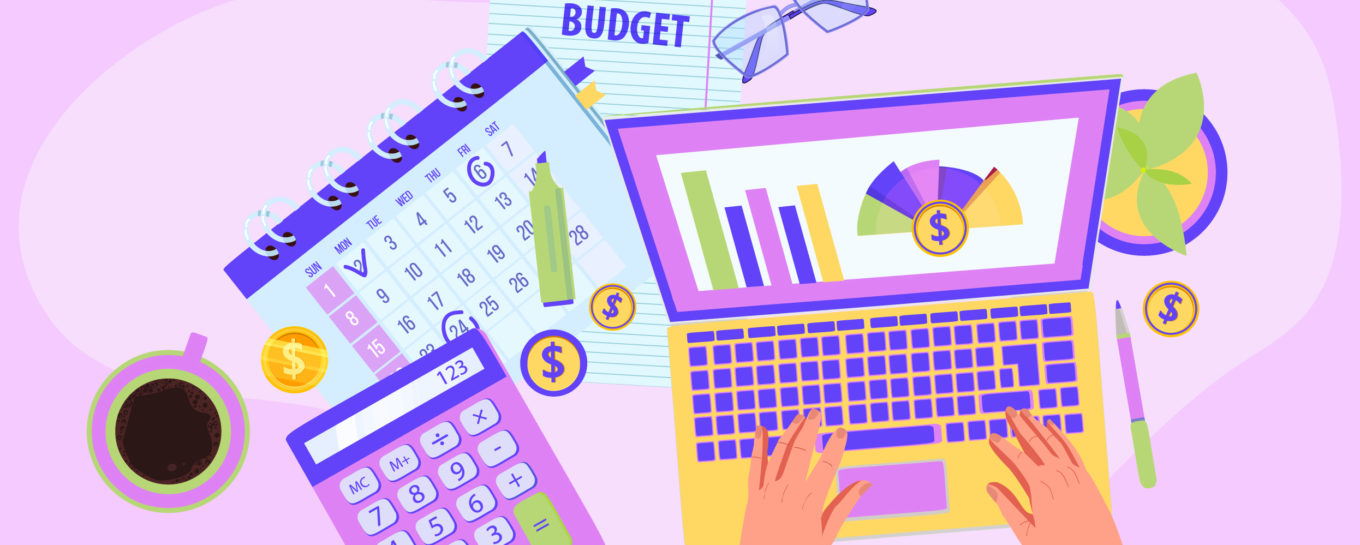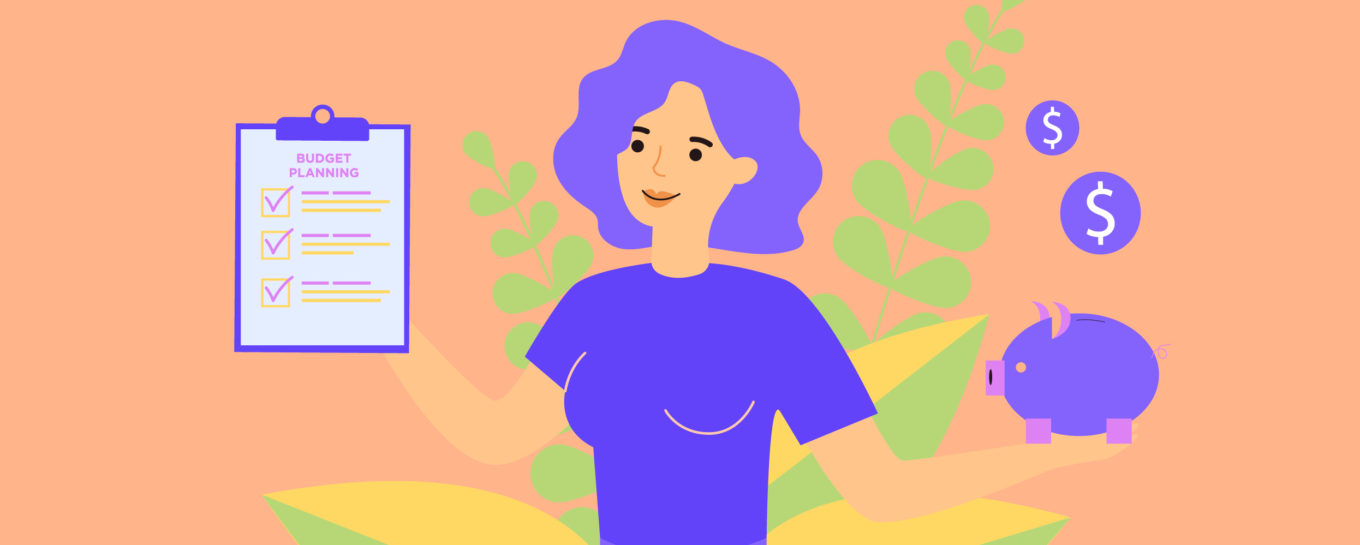Budgeting is often viewed as a mundane task, associated with restrictions and sacrifices, but you can achieve financial success through budgeting. Continue reading “Achieve Financial Success Through Budgeting”
Uni students become more debt laden
Uni students become more debt laden.
University students will feel the pinch even more as the indexation rate applied to HECS–HELP loans has jumped from 1 June 2022 to 3.9 per cent (0.6% per cent in 2021), the highest rate in a decade.
Revisiting your 2022 goals
Revisiting your 2022 goals.
Most of us recognise the importance of setting goals, but what happens when we break promises to ourselves and a goal suddenly looks unachievable?
Planning ahead with money
Planning ahead with money
Many of our unexpected expenses aren’t so much unexpected as they are unplanned. When you become aware of an event or situation that is on the horizon, be sure you are planning for the related expense.
Mindfulness for Budgeting
Mindfulness for Budgeting.
Does the thought of a budget make you feel uncomfortable, stressed or restricted?
Benefits of Budgeting
Ways to Budget
Ways to Budget
There are many ways to budget; they range from simple to complex, depending on your needs.
Setting goals
Setting goals.
Budgeting is an essential part of achieving any personal financial goal, however, you will find it challenging to achieve your financial goals without budgeting.
How to maintain a budget
How to maintain a budget.
Setting up a budget is a great step toward improving your relationship with money and, ultimately, your financial position.
How to budget successfully
How to budget successfully.
Last week, we established that budgeting isn’t easy, so you need to understand why it’s a behaviour that must be followed up with regular—and even daily—actions.


















